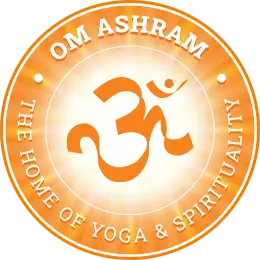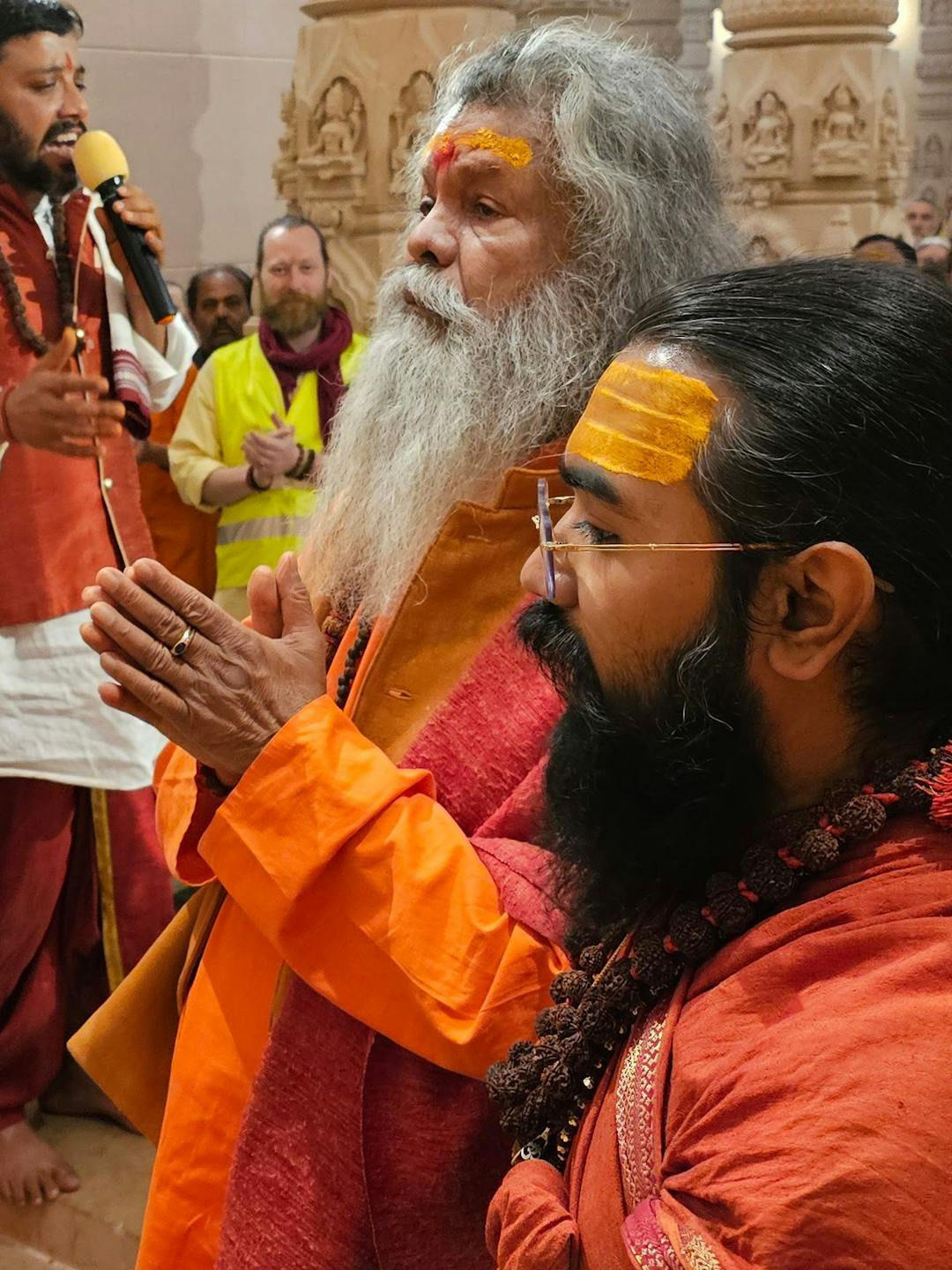
The First Shivaratri in Om Ashram
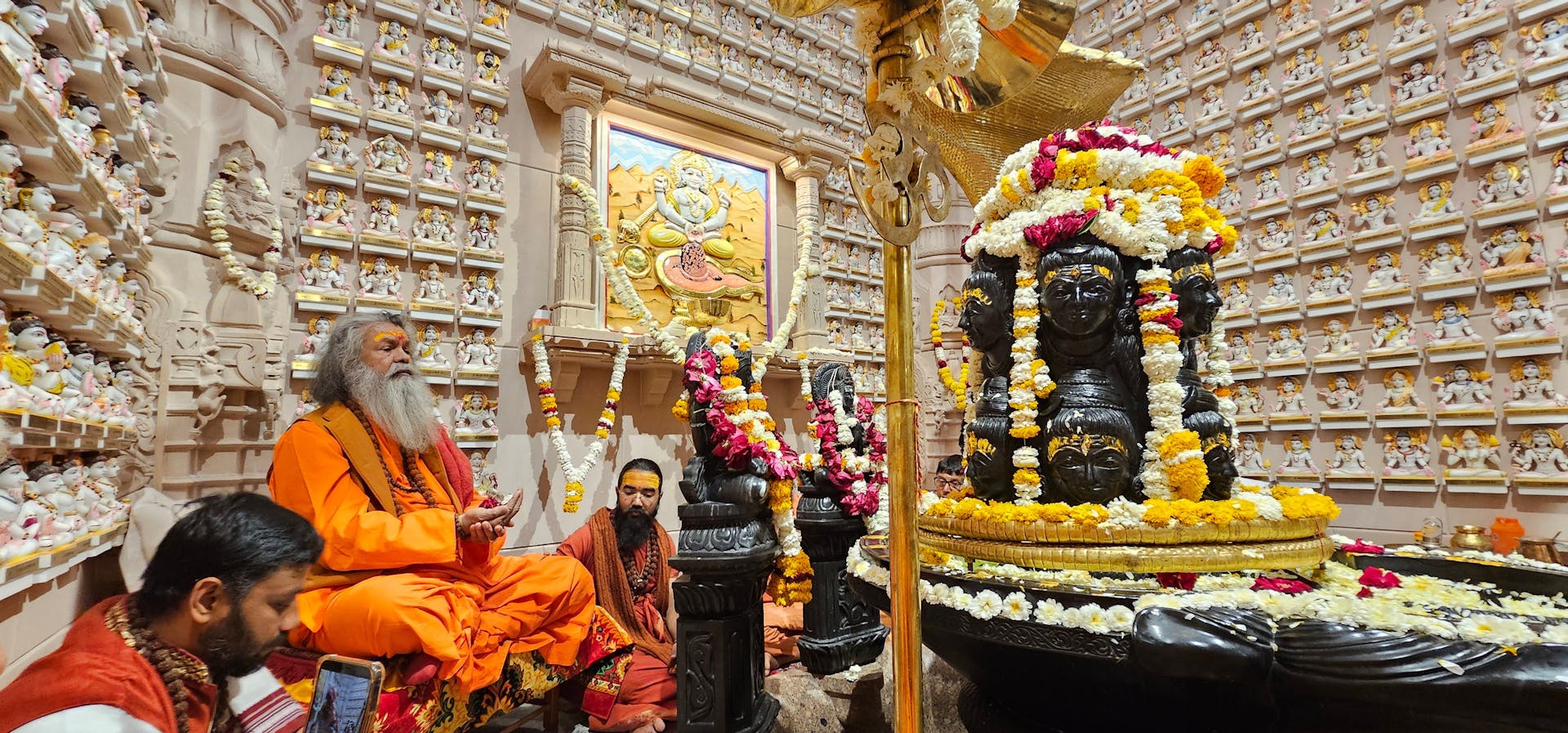
Maha Shivaratri is one of the most significant Hindu festivals celebrated annually in honour of Lord Shiva.
Lord Shiva is one of the principal deities in Hinduism. He is often referred to as the Supreme Being or the Destroyer among the Trimurti, the three primary aspects of the divine in Hindu theology. Shiva is worshipped as the embodiment of ultimate reality, consciousness, and cosmic energy. He is revered for his roles in creation, preservation, and destruction, symbolizing the cyclical nature of existence.
The word "Shivaratri" translates to "the Great Night of Shiva," signifying the night of the auspicious cosmic event when Lord Shiva is believed to perform the heavenly dance of creation of the Universe. This day is also celebrated as Shiva and Parvati's wedding day.
This sacred festival is observed on the 14th day of the dark fortnight in the Hindu lunar month of Phalguna (which usually falls between February and March in the Gregorian calendar). Devotees fast, meditate, and pray throughout the night to seek blessings, forgiveness, and spiritual enlightenment.
Devotees flock to temples dedicated to Lord Shiva to offer prayers, perform rituals, and chant hymns and mantras. Many devotees observe a strict fast on Shivaratri, abstaining from food and water throughout the day and night as a mark of devotion and penance. Others consume only milk, fruits, and specific items considered auspicious for the occasion.
The festival is immensely culturally significant across India and among Hindu communities worldwide. In addition to religious observances, Shivaratri is celebrated with various cultural events, including traditional music and dance performances, dramas depicting scenes from Hindu mythology, and vibrant processions.
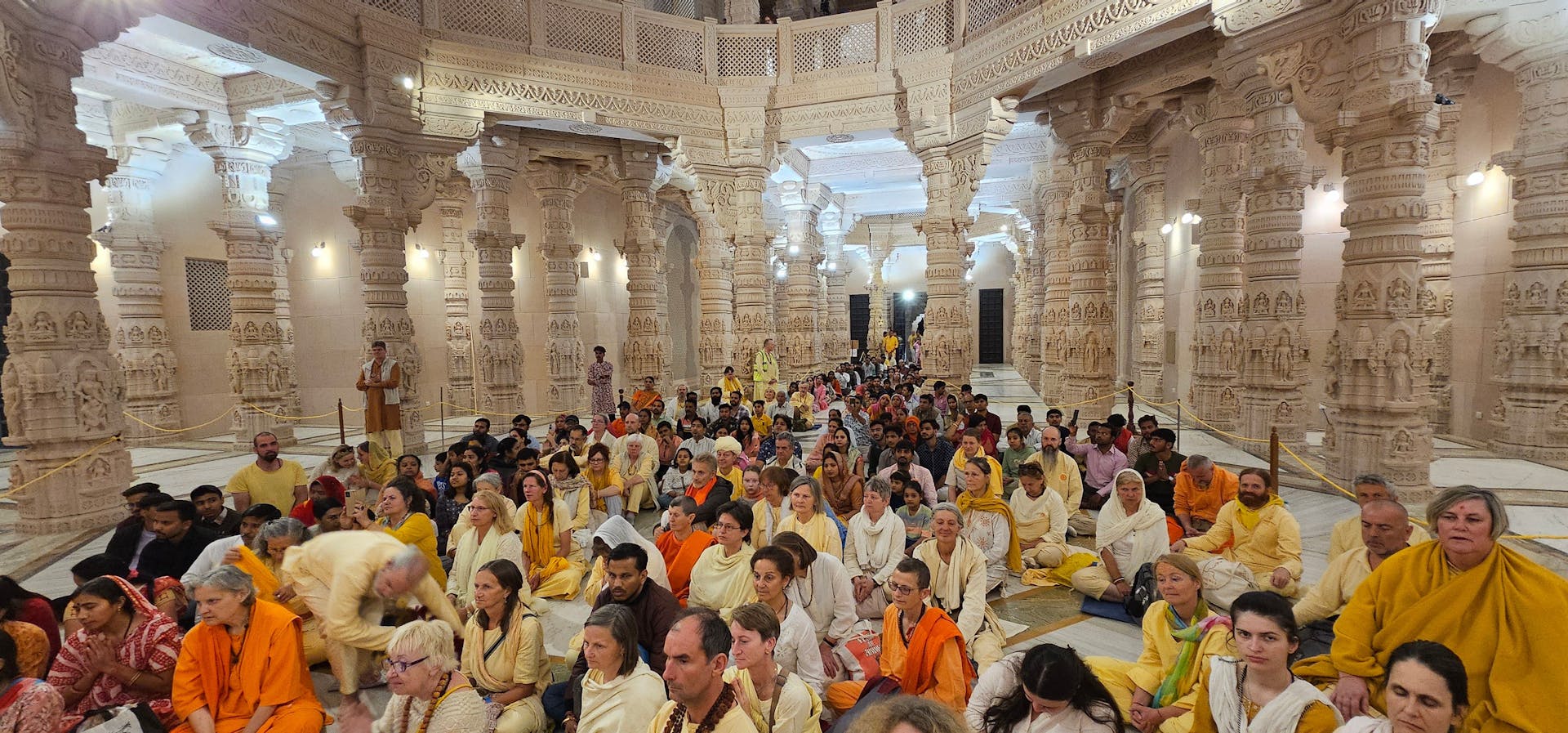
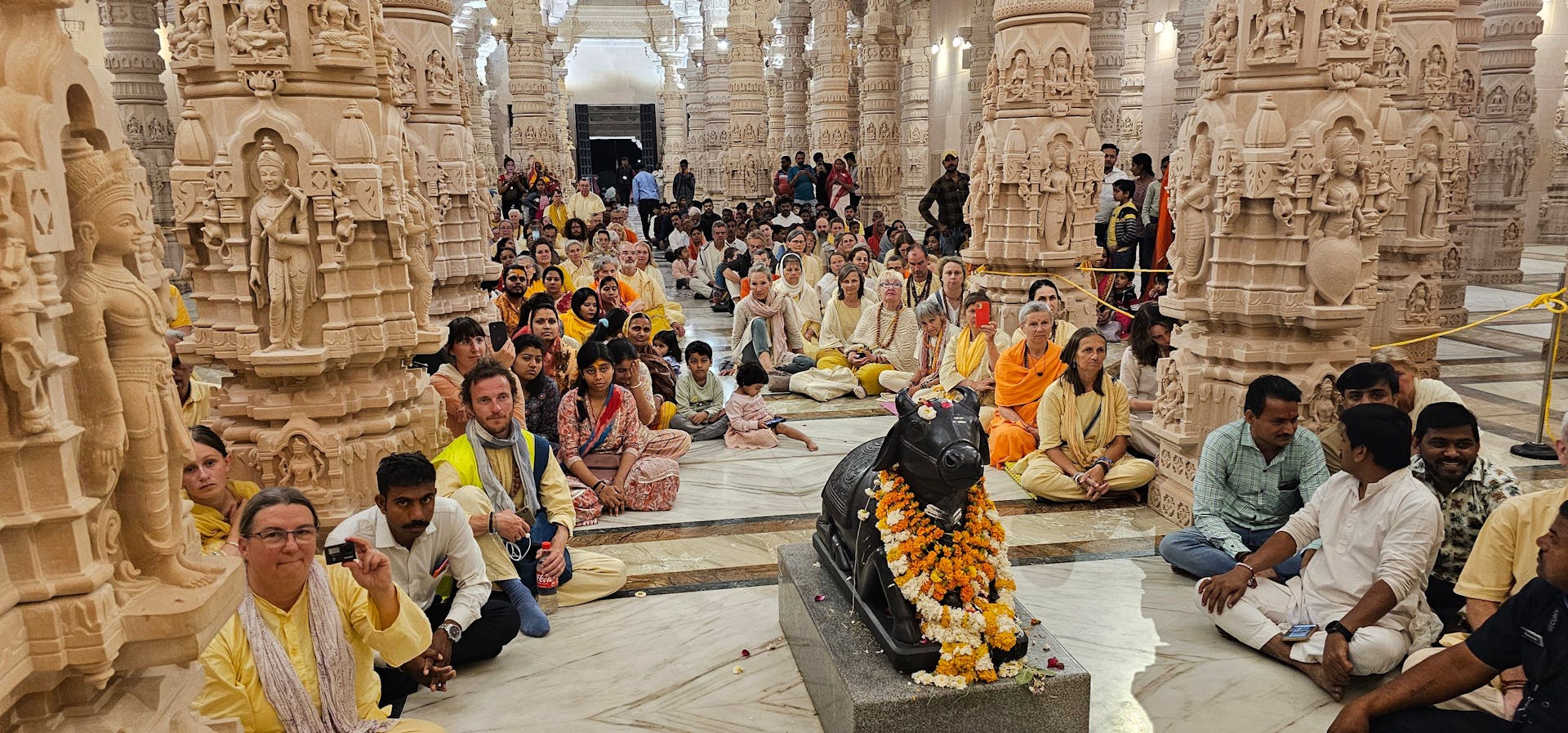
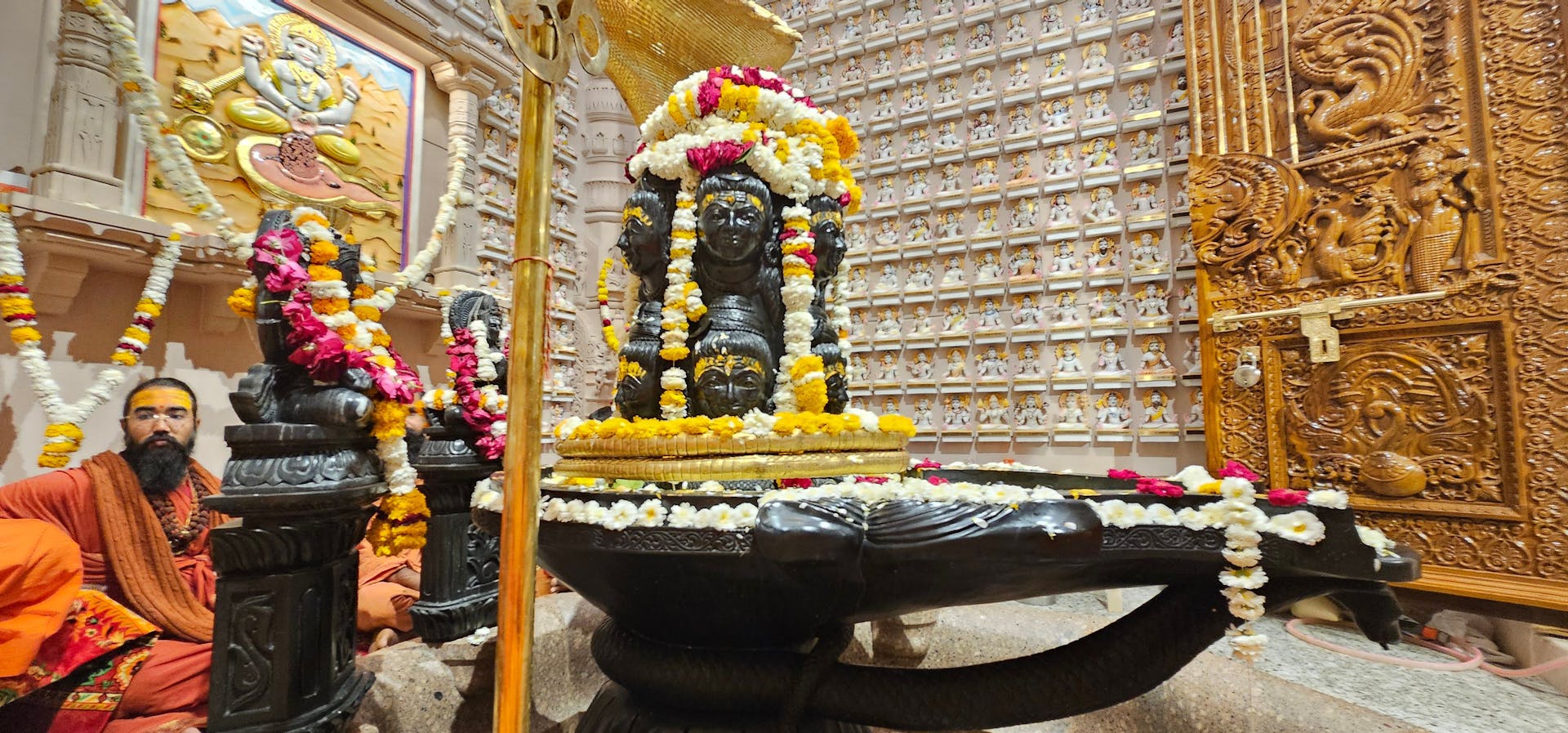
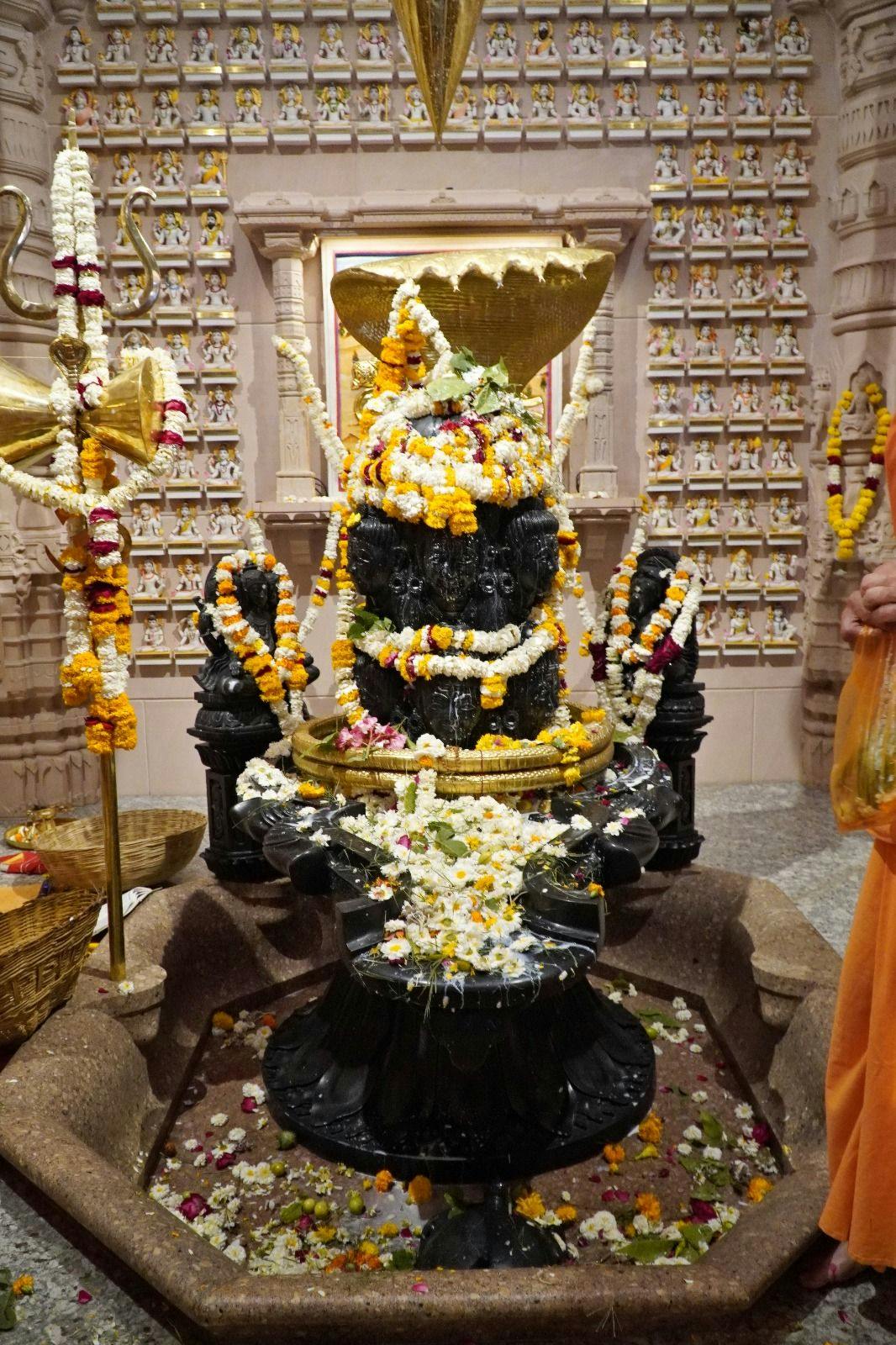
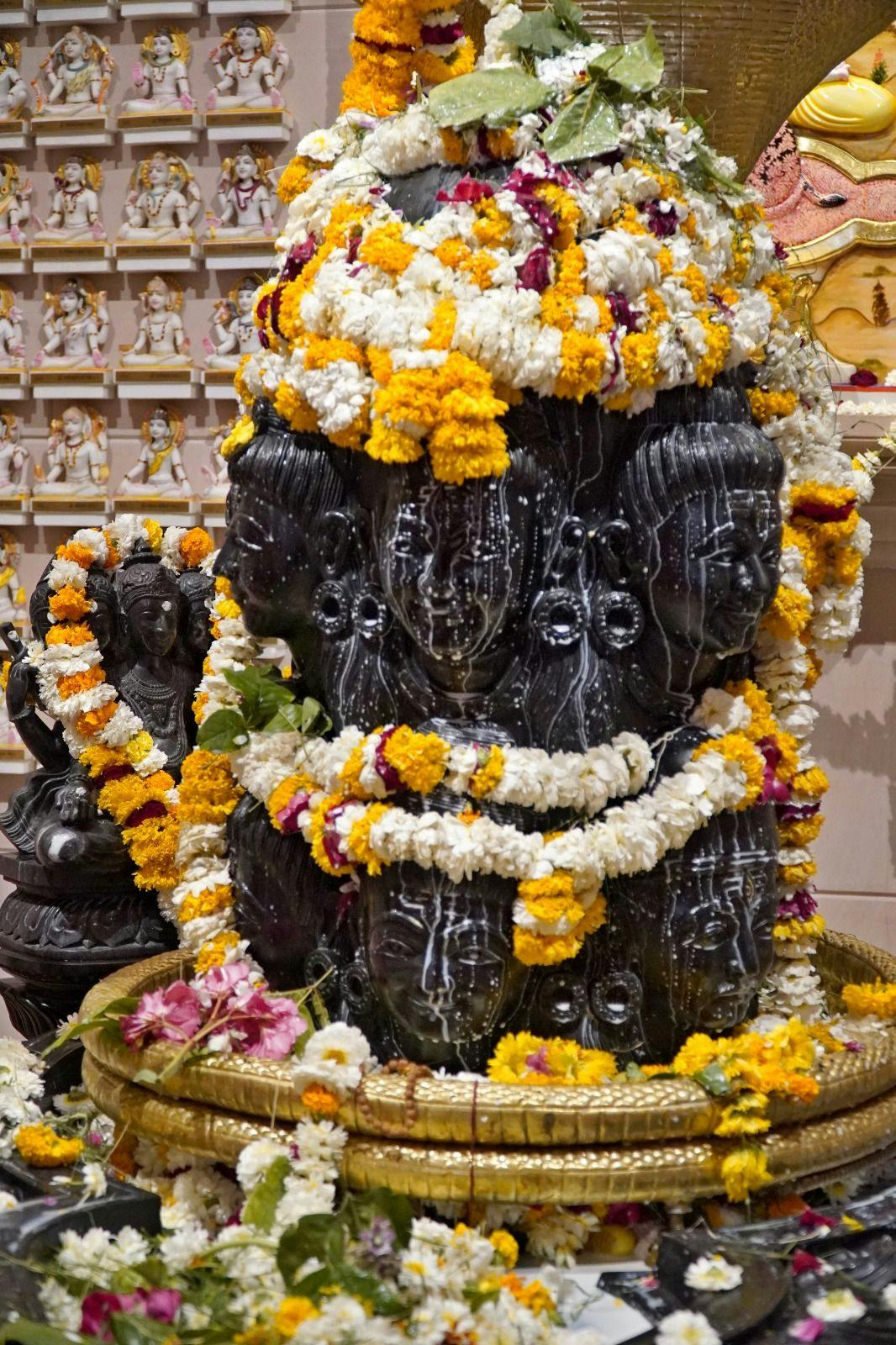
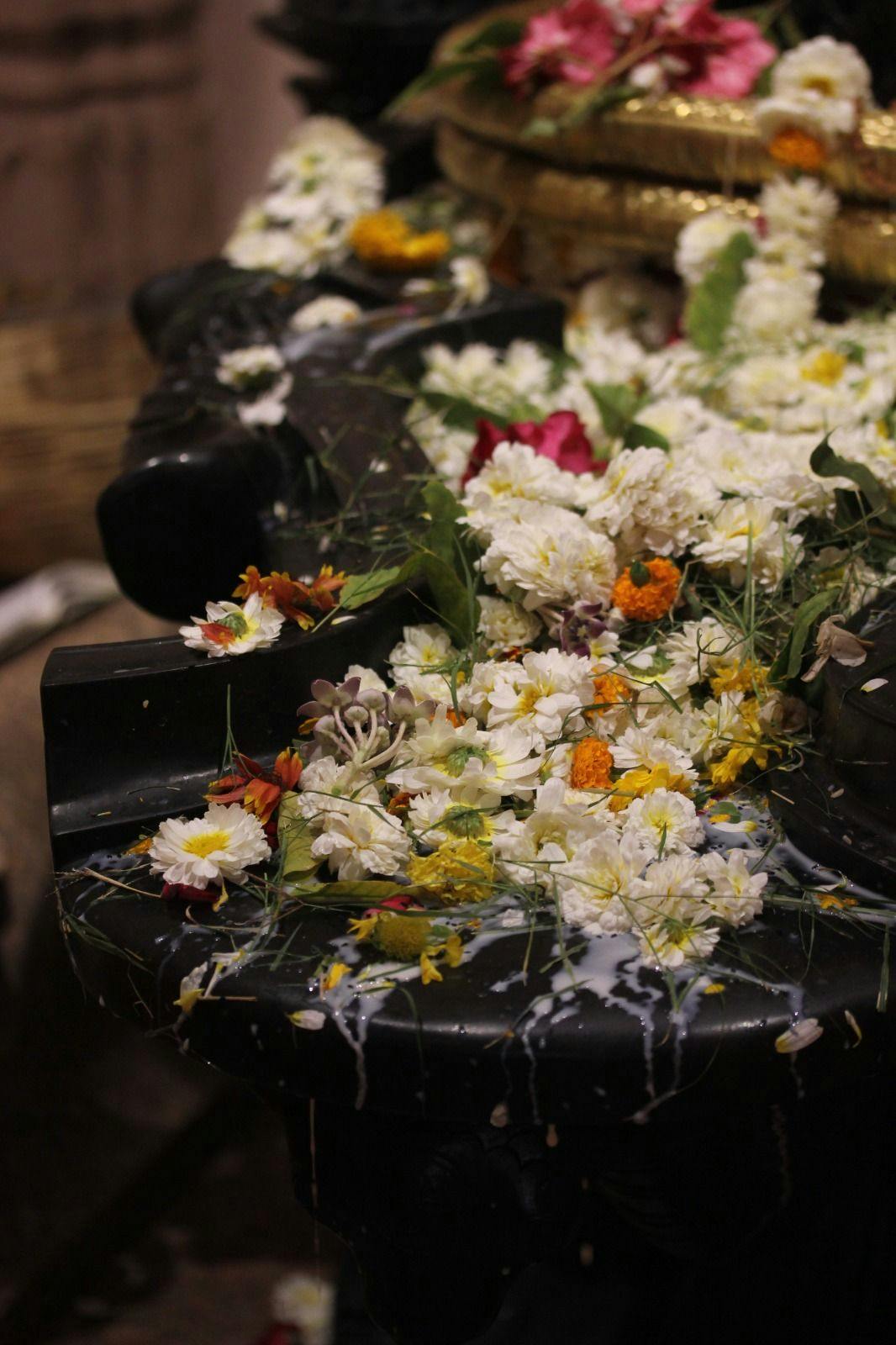
Shivaratri also holds significance in yogic traditions, with practitioners observing the night through meditation and performing spiritual practices to attain higher states of consciousness and inner transformation.
In some regions, devotees engage in rituals such as bathing Shiva lingam (a symbolic representation of Lord Shiva) with milk, honey, yoghurt, ghee, and water, believed to purify the soul and bestow blessings. Devotees also light lamps and incense sticks and offer Bilva leaves, which are considered sacred to Lord Shiva.
Shivaratri transcends religious boundaries, attracting people from diverse backgrounds who come together to celebrate unity, peace, and spiritual awakening. It serves as a reminder of the eternal cycle of life, death, and rebirth and inspires devotees to cultivate virtues such as humility, compassion, and devotion in their lives.
Shivaratri is not just a religious festival but a profound spiritual journey for devotees seeking divine grace, inner peace, and enlightenment in Lord Shiva's benevolent presence.
